Clough looks to engage CPPC with community
By James Grob, jgrob@charlescitypress.com
Melissa Clough, the newest area coordinator for the Community Partnership for Protecting Children (CPPC), is looking to establish local connections.
“I think that one of my main goals is to make connections in the community,” she said. “We hope to be scheduling and bringing more training and more events to the area that help kids and families.”
CPPC is an approach that neighborhoods, towns, cities and states can adopt to improve how children are protected from maltreatment. The organization attempts to blend the work and expertise of professionals and community members to bolster support for vulnerable families and children.
Clough, who started in March, said she has “hit the ground running.”
“I’m just trying to fill the shoes of previous coordinators,” she said. “We need to show people how easy community engagement really is, and how everyone can benefit from it.”
Clough said her first few weeks on the job have been rewarding.
“I do like it,” she said. “I would say that everyone was very welcoming. They’re great people to work with and very supportive.”
Clough is a Mason City native. She received her bachelor’s degree in family services from Northern Iowa and her masters in developmental psychology from Capella University.
“Since I’m from Mason City, I don’t have a lot of connections yet in Floyd County,” she said.
The area CPPC serves seven counties in two clusters, “P4C” and “FMC.” FMC is Floyd, Mitchell and Chickasaw counties. P4C is Cerro Gordo, Hancock, Winnebago and Worth counties.
There is one governance board for the FMC cluster and one planning committee, which is the committee that Clough would like to see grow in participation.
“CPPC is an approach to keeping children safe,” Clough said. “I really believe it is everyone’s business to keep everyone safe, and have our communities filled with positive and not negative things.”
The long-term focus of CPPC is to protect children by changing the culture to improve child welfare processes, practices and policies.
The CPPC approach involves four key strategies which are implemented together to achieve desired results. The strategies are shared decision making, neighborhood/community networking, individualized course of action and policy and practice change.
“These strategies are ideal to be cohesive in the community, and to work together to build a community partnership,” Clough said.
CPPC states its aim is to provide leadership for collaborative efforts that promote community responsibility for the safety and well-being of children, promote cooperation and form alliances to provide more accessible, relevant, informal as well as professional supports, services and resources for families whose children are at risk of abuse and neglect, genuinely engage families and youth to identify strengths, resources and supports to reduce barriers and help families succeed and improve policies and practices that reduce barriers and increase accessibility and relevance of service that lead to positive family outcomes.
Beyond establishing connections, Clough has her work cut out for her, because Iowa begins implementing the Family First Prevention Services Act next month.
The act, often referred to as “Family First,” is federal legislation which restructures how the federal government spends money on child welfare to improve outcomes for children.
“Overall, it’s an approach to keep kids safe and keep families together,” Clough said. “It’s to help make sure families and children are the focus of community.”
Key components of Family First will include foster care prevention services such as mental health, substance abuse treatment services, in-home, parent skill-based programs that include parent education, and individual and family counseling.
People looking for more information about CPPC can contact Clough at mclough@dhs.state.ia.us, or call 641-257-6178.

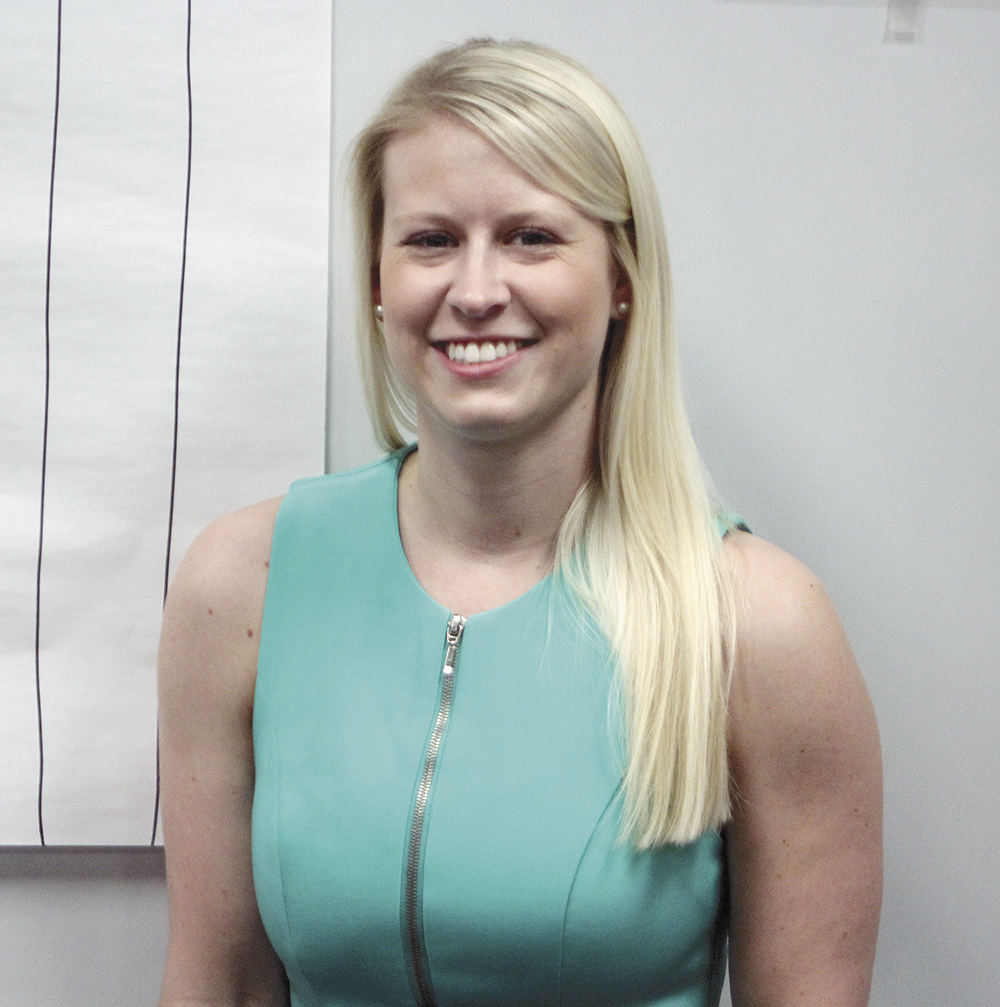
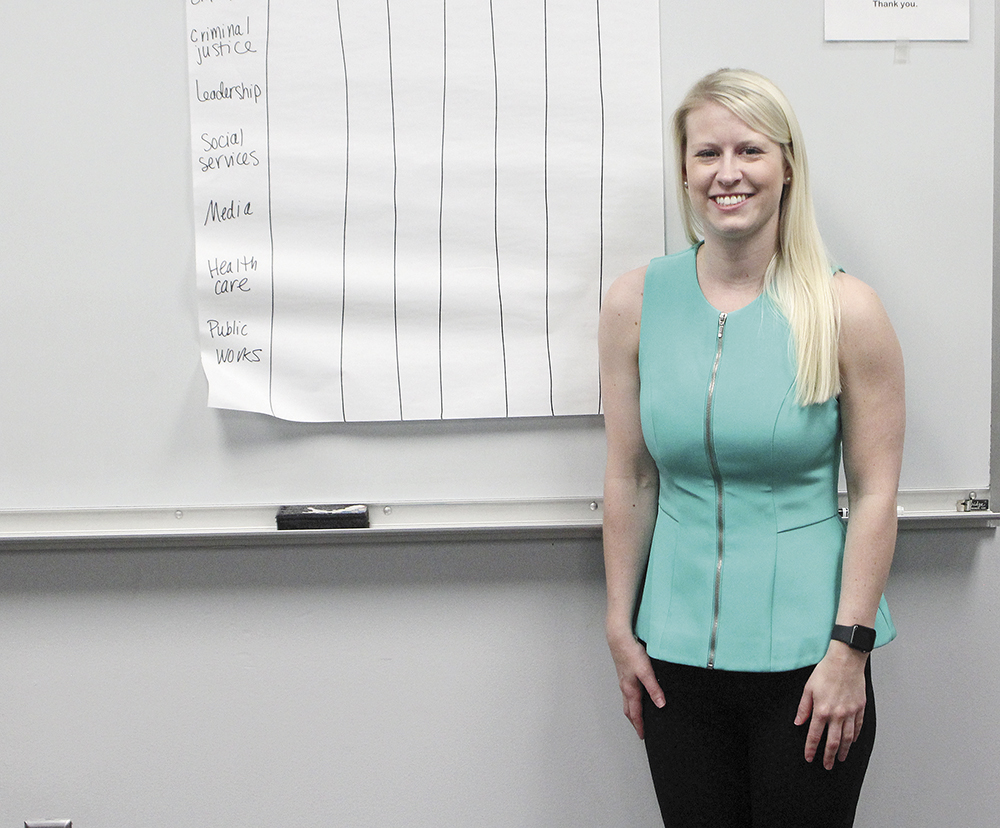
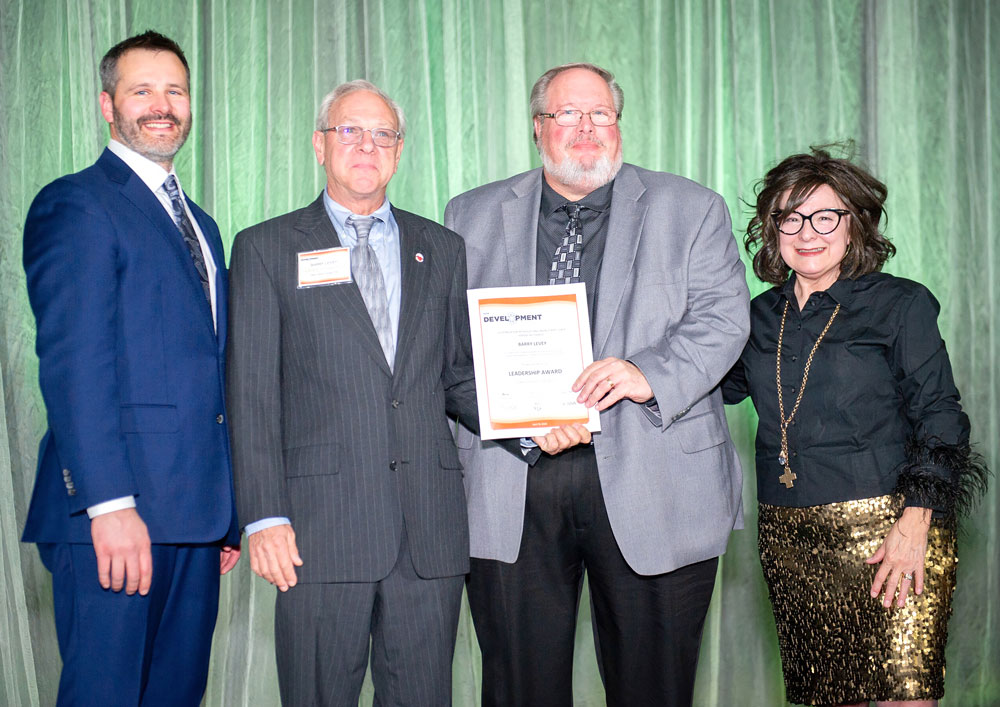


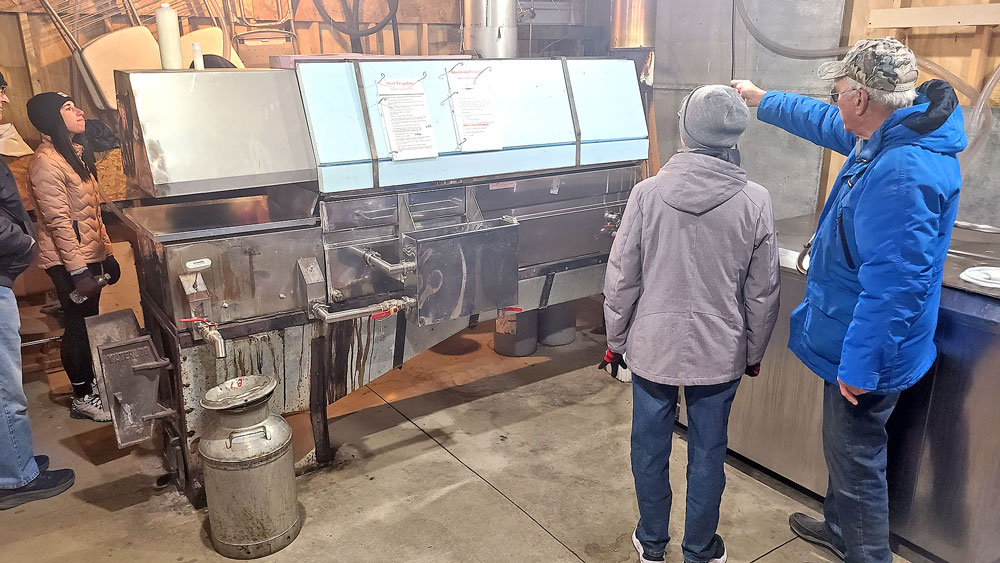

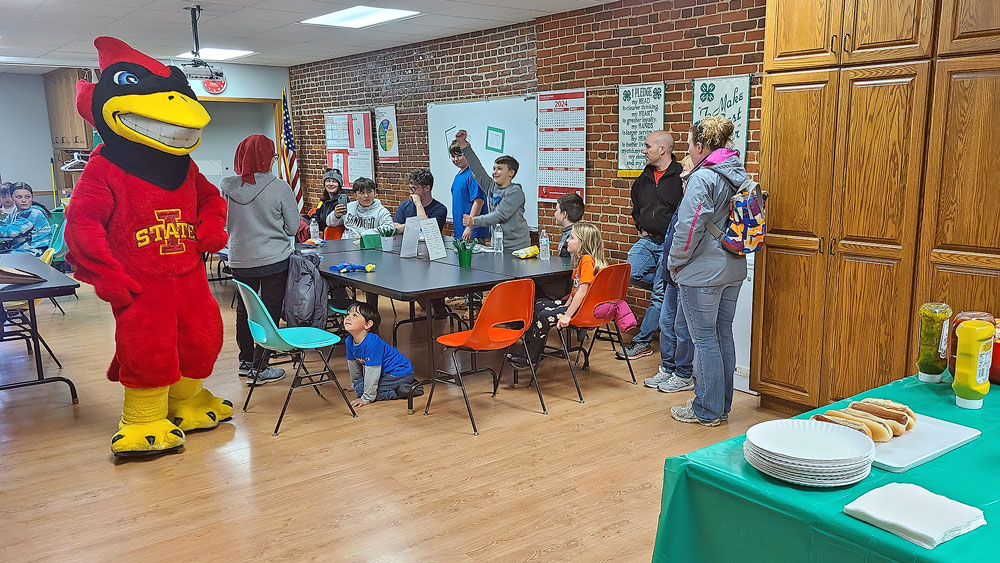


Social Share